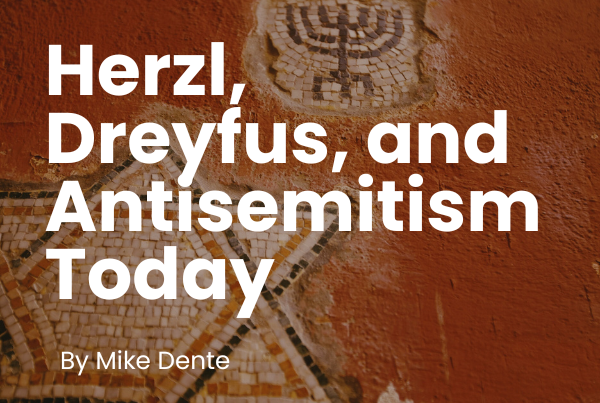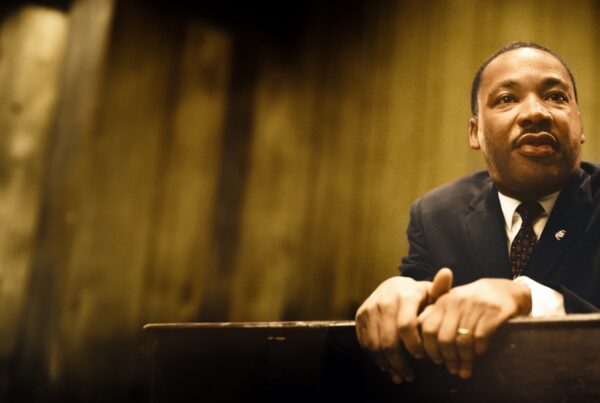
“I don’t know how, but by the glory of God, he shoots at my head but hits my hand.” –Angel Colon, survivor of the Orlando nightclub massacre.
“So God created human beings in his own image.”
“In the image of God he created them; male and female he created them… And I will require the blood of anyone who takes another person’s life. If a wild animal kills a person, it must die. And anyone who murders a fellow human must die. If anyone takes a human life, that person’s life will also be taken by human hands. For God made human beings in his own image” (Genesis 1:27, 9:5-6 NLT)
Last Sunday morning, just after 2am, a man named Omar Mateen entered the Pulse nightclub in Orlando, Florida, where over 300 men and women were celebrating Gay Pride week and opened fire on the crowd. In all, Mateen killed 49 people and wounded 53 more before the local S.W.A.T. team shot him dead. Since that time, stories have emerged about the horrors that occurred inside the club during the shooting. Some barricaded themselves in bathrooms, frantically texting loved ones, begging them to call the police for help. Others prayed out to God, begging Him to spare their lives. Some saw deliverance. Too many never made it out alive. In the aftermath, the Internet and social media have been buzzing with information, with countless people weighing in on the situation and sharing their thoughts.
One of the interesting streams of thought I have seen in the last few days is the idea that Christians can’t have compassion on the victims and the victims’ families, because Christians do not support the practice of homosexuality.
In fact, even though Mateen was a Muslim who claimed to commit his atrocity for ISIS (and ISIS has since acknowledged that Mateen was one of their soldiers), some have said Christians are to blame for this kind of violence against the LGBT community.
So, how should Christians respond to such an accusation?
In this article, I hope to clear the air about the basic premise of Christian ethics, apologize if Christ has been misrepresented by some and share the hope of the Gospel for the LGBT community (and everyone else as well).
The starting point for Christian ethics must begin with what theologians have referred to as the imago Dei, the image of God. It appears first in the Genesis passages cited above. While on the surface this seems to be a fairly simple subject, it has caused all kinds of speculation, which has subsequently led to speculative ethical systems. One main idea that may be found under the label of “Christian” is the idea that the image of God is not an inherent quality in all human beings in our world today. Some would say that it has been completely erased and now is only found in a select few, namely, Christians. However, against this idea you will notice first that human beings as represented in Adam and Eve are all made in the image of God, which means that all of their descendants, regardless of gender, color, class, sexual orientation, etc. are created in the image of God. But some will object and say, “Well, that was true before sin entered the world, but now that it has, unless you are a Christian, you no longer bear the image of God.” This faulty and potentially dangerous idea is refuted by the latter citation above from Genesis 9:5-6.
While it is certainly true that sin has distorted the image of God in all human beings, we must be sure to affirm that this sinful condition is true of all human beings, not just some.
All human beings are tainted.
Sinfulness is, ironically, a universal quality that binds all human beings together regardless of gender, color, class, sexual orientation, etc. Sin does not discriminate (Neither is death a respecter of persons). However, despite this truth, it is quite clear that throughout Christian history there have been some sins that have been overlooked or even approved of by the church, while others are condemned. In fact, it is often those that decry a particular sin the most that are most guilty of sins of a similar kind. Self-justification is an ugly reality that depends upon an “us versus them” mentality created through false dichotomies between different groups of sinners. This false dichotomy, in service of self-justification, is seen clearly in the story Jesus told about the Pharisee and the tax collector in Luke 18:9-14. The church must repent of any such hypocrisy, pretending that some are sinners while others aren’t. The church has all kinds of heterosexual sin going on (and host of sins of a non-sexual nature I might add), and it seems all too convenient to place their own blame and shame onto the LGBT community. All people are united in that we bear the image of God as creatures, and we are also united as inheritors of rebellion against the God who made us in His image.
Additionally, while the image of God in humanity is not what it should be, it is not altogether lost either. The biblical tradition recorded by Moses here in Genesis 9:5-6 clearly states that even after the Fall, the reality of fallen human beings still bearing the marks of God’s hand (to some extent or another) is the very basis for the prohibition against murder. It is universally wrong to murder another human being in cold-blood because all human beings, Christian or otherwise, retain something of the image of God. In other words, the Christian interpretation of the events at Orlando are thus: “A man made in God’s image (I’m still wrestling with what it means to love enemies like this-Matthew 5:44) chose to terminate the lives of 49 human beings made in God’s image.” It doesn’t matter where the victims were, what they did, what they believed, or where they came from; they each had value, worth and dignity; and thus, they ought also to have in the sight of those who claim to know God. A person that cannot condemn these attacks and cannot seriously grieve with those who are grieving does not have the love of God.
But if all human beings have inherent value, worth and dignity, then what place does the Gospel of Jesus Christ have?
Another mistaken notion about the imago Dei is that human beings are not fallen (I see this partly as an overreaction to those that erase the image of God and dignity of others). Some would say that not only are all human beings made in the image of God, but also everything that comes natural to us is a clear, unadulterated reflection of the divine. While this was true for the first human pair, it has never been true for a single person since. Beginning in Genesis 3, the human story is one of banishment from the God in whose image we were made. There is a brokenness, a disconnect, a disorienting of our moral and spiritual compass. Sin is the refusal to be fully human, to be who we really are, to accept Jesus as the center of our identity. The Gospel is not about bestowing worth on human beings, but about renewing all the aspects of our being; so that we reflect the image of God we were originally designed for. Jesus is the only human being since the first human pair to be born without sin. And unlike our ancient ancestors, Jesus lived a life that fully reflects what the image of God is meant to look like in all of us. God is reorienting all of us around Jesus. Jesus is God’s plan for humanity.
Our hope and prayer after this tragic event should be for unity, redemption and hope.
Unity, because we are all human. Redemption, because we are all sinners. Hope, because one day God “…Will wipe every tear from their eyes, and there will be no more death or sorrow or crying or pain. All these things are gone forever.” (Revelation 21:4, NLT)









